SUMMARY
This is AI generated summarization, which may have errors. For context, always refer to the full article.
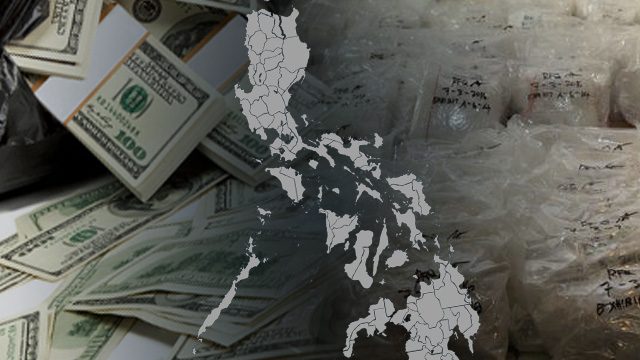
Paris-based watchdog Financial Action Task Force (FATF) again added the Philippines to its gray list, or the roster of countries under increased monitoring, after failing to address strategic deficiencies to counter money laundering as well as terrorist and proliferation financing.
This came even after the passage of the Anti-Terrorism Act of 2020 and the amendments to the Anti-Money Laundering Act (AMLA). Amendments to the Secrecy of Bank Deposits Law, meanwhile, are still pending.
The efforts of the country failed to satisfy the FATF-International Cooperation Review Group (ICRG) in addressing the technical deficiencies raised by the Asia Pacific Group (APG) on money laundering under its mutual evaluation review in October 2019.
Landing on the Paris-based watchdog’s gray list means higher interest rates and processing fees, as well as more layers of scrutiny from financial institutions.
Mel Georgie Racela, executive director of the AMLC Secretariat, earlier said being on the gray list would publicly identify the Philippines and its citizens as a risk to the international financial system.
“Consequently, the Philippines’ inclusion will result in an additional layer of scrutiny from regulators and financial institutions, thereby increasing the cost of doing business with Filipinos, delay the processing of transactions, and blocking the country’s road to an A credit rating,” Racela said.
The FATF, however, noted the Philippines’ progress on a number of its mutual evaluation review recommended actions that improve technical compliance and effectiveness, such as addressing technical deficiencies on targeted financial sanctions.
In 2000, the FATF blacklisted the Philippines for its lack of power to prevent money laundering and to nail down individuals involved in terrorist financing. The FATF then removed the Philippines from the list in February 2005 after the enactment of the AMLA.
In June 2012, the FATF added the Philippines to its gray list again after failing to address deficiencies, such as criminalizing money laundering and extending the coverage of reporting entities. The country was removed from the watchlist once more in June 2013.
The Philippines is now required to submit progress reports to the FATF thrice a year, now that it is back to gray list.
Other countries included in FATF’s gray list are Malta, Pakistan, Haiti, and South Sudan. Ghana had been removed after the country had made progress, according to a Reuters report.
‘High-level political commitment’
The Anti-Money Laundering Council (AMLC), chaired by Bangko Sentral ng Pilipinas Governor Benjamin Diokno, said the Philippines has made a high-level political commitment to work with the FATF and APG toward the timely implementation of the action plans to strengthen the effectiveness of its anti-money laundering and counter-terrorism financing (AML/CFT) measures.
The AMLC also said that this setback does not automatically mean imposition of sanctions.
“It is only when the country fails to meet the deadlines will the FATF call on countries to impose countermeasures against the Philippines. Hence, all government agencies involved should deliver expected outputs on the action plans pertaining to them,” the AMLC said in a statement.
The country’s sole financial intelligence unit added that it was able to largely address the recommendations under the mutual evaluation review down to 18 concerns from 70, through the cooperation of all relevant government and law enforcement agencies.
It stressed that the government and law enforcement agencies need to implement the 18 action plans within the prescribed timelines so that the Philippines can be removed from the gray list.
Next steps
The FATF recommended several measures to the Philippines to address its deficiencies.
One, the dirty money watchdog said the Philippines needed to demonstrate that effective risk-based supervision of designated non-financial businesses and professions is occurring and that supervisors are using AML/CFT controls to mitigate risks associated with casino junkets.
Two, the FATF said the country should implement the new registration requirements for money or value transfer services and apply sanctions to unregistered and illegal remittance operators. This will help ensure that information is accurate and up-to-date, and will also help streamline law enforcement agencies’ access to beneficial ownership information.
Aside from these, the FATF said the Philippines needed to demonstrate an increase in the use of financial intelligence, as well as an increase in money laundering investigations and prosecutions in line with risk.
This also means that the country should demonstrate an increase in the identification, investigation, and prosecution of terrorist financing cases and show that appropriate measures are taken with respect to the non-profit organizations sector, including unregistered ones.
Lastly, the FATF recommended enhancing the effectiveness of the targeted financial sanctions framework for both terrorist and proliferation financing.
The Philippines is now updating its National Anti-Money Laundering and Countering the Financing of Terrorism Strategy for 2018 to 2022 to integrate the ICRG action plans to ensure a whole-of-government approach. – Rappler.com
Add a comment
How does this make you feel?
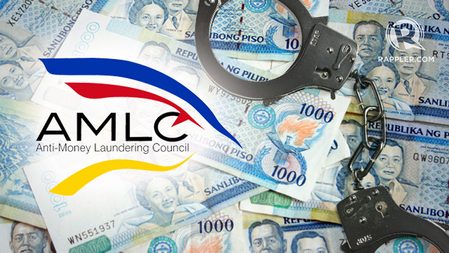
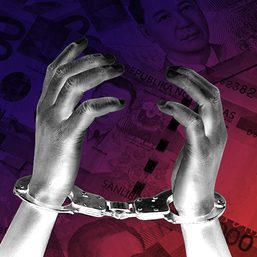
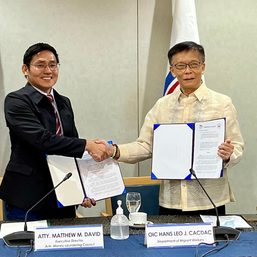
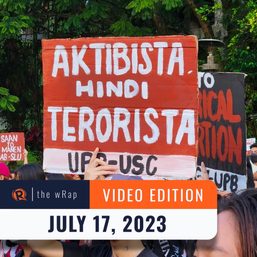
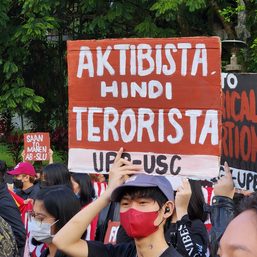
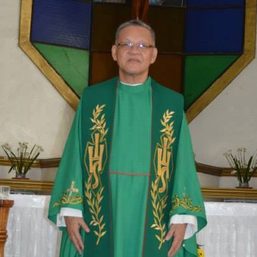
There are no comments yet. Add your comment to start the conversation.